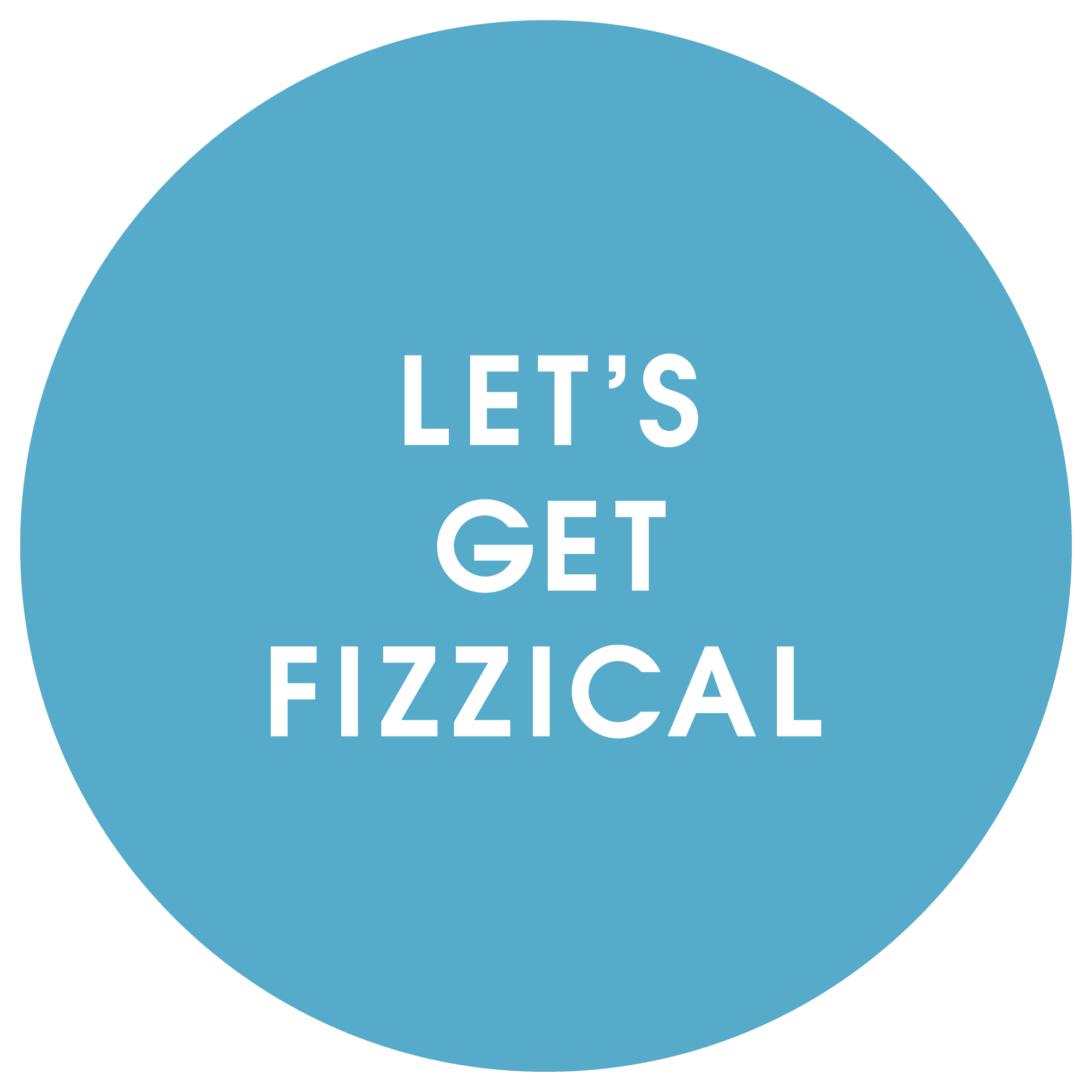Forty Hall Vineyard Brut 2015
Forty Hall Vineyard Brut 2015, 11.5%, London
(£27.99-28.99, farm shop or website)
Many wines are rewarding. But this fizz is rewarding on so many levels that recommending it feels like a virtue in itself. Get involved, the glib summary might read, because it will make you feel better.
How so?
First things first: the wine itself. If you’re looking for the ideal aperitif, look no further. At the heart of it all is a revitalising freshness which gets the mouth watering and the mind buzzing. It tastes…English. But with an elegance (of texture, flavour and bubbles) that brings a positively cosmopolitan swagger to the party. Juicy, engaging, moreish. A beautifully crafted blend of 55% Pinot Noir, 40% Chardonnay and 5% Pinot Meunier, made in the traditional (ie champagne) style, matured 12 months on the lees. Hard not to get involved in this. (7/10, Peter, Nov 2017)
But the value in this bottle isn’t restricted to the liquid. It’s much more than that.
Take the label, which proudly states that the wine is from ‘London’. Forty Hall’s 10-acre vineyard is in Enfield and forms part of the larger Forty Hall Farm, a 170-acre mixed organic operation. This in turn is run by Capel Manor College, a further education institution for land-based studies sited within an estate originally established in 1632 by Sir Nicholas Rainton, a former Lord Mayor of London. They proudly assert that they are ‘London’s first commercial scale vineyard since the Middle Ages’. All of which makes a nice story in itself.
Then there are the project’s sustainable credentials. The vineyard is organic (and moving towards biodynamic management) and the wine is suitable for vegans. Crucial to this process is winemaker Will Davenport, a respected English winemaker and organic grower based in Kent, who makes the wine on his site, the grapes having been driven down from Enfield.
But most engaging of all is the project’s social value. Forty Hall Vineyard was always envisaged as a not-for-profit community project, staffed by volunteers. Project manager Sarah Vaughan-Roberts, the driving force behind Forty Hall, started to notice that the volunteers were deriving significant benefit from the work – and that this then opened up the possibility of using Forty Hall for therapeutic purposes.
‘People kept saying how much better they felt for coming and working here,’ she relates. ‘And they started to talking about themselves. Many had come at a time of crisis in their lives, and this work helped them.’
It’s a concept known as Ecotherapy. The basic principle is that purposeful outdoors work in a supportive environment is as good for your health as medication or counselling (and can also work in tandem with either or both of these). There is an increasing demand for large-scale spaces to give people opportunities for this – and Forty Hall fits the bill as a unique project requiring year-round work. (‘At the moment, we’re working on weeding,’ notes Vaughan-Roberts, before inviting me to visit during January when the activity will be, ‘gentle pruning.’) They’ve helped people with anorexia, schizophrenia, depression and social isolation.
Forty Hall’s aim is to reach regular production of 10-15,000 bottles, which will enable it to run grant-free. For now, while the project is still getting off the ground, the main challenge is raising the profile of the brand and selling the bottles – currently just available from the Farm Shop and the website. Any profits made are re-invested in the business.
It’s a great excuse for a visit. Even more for a bottle or two. We’re going to get involved. Hopefully you can too.

